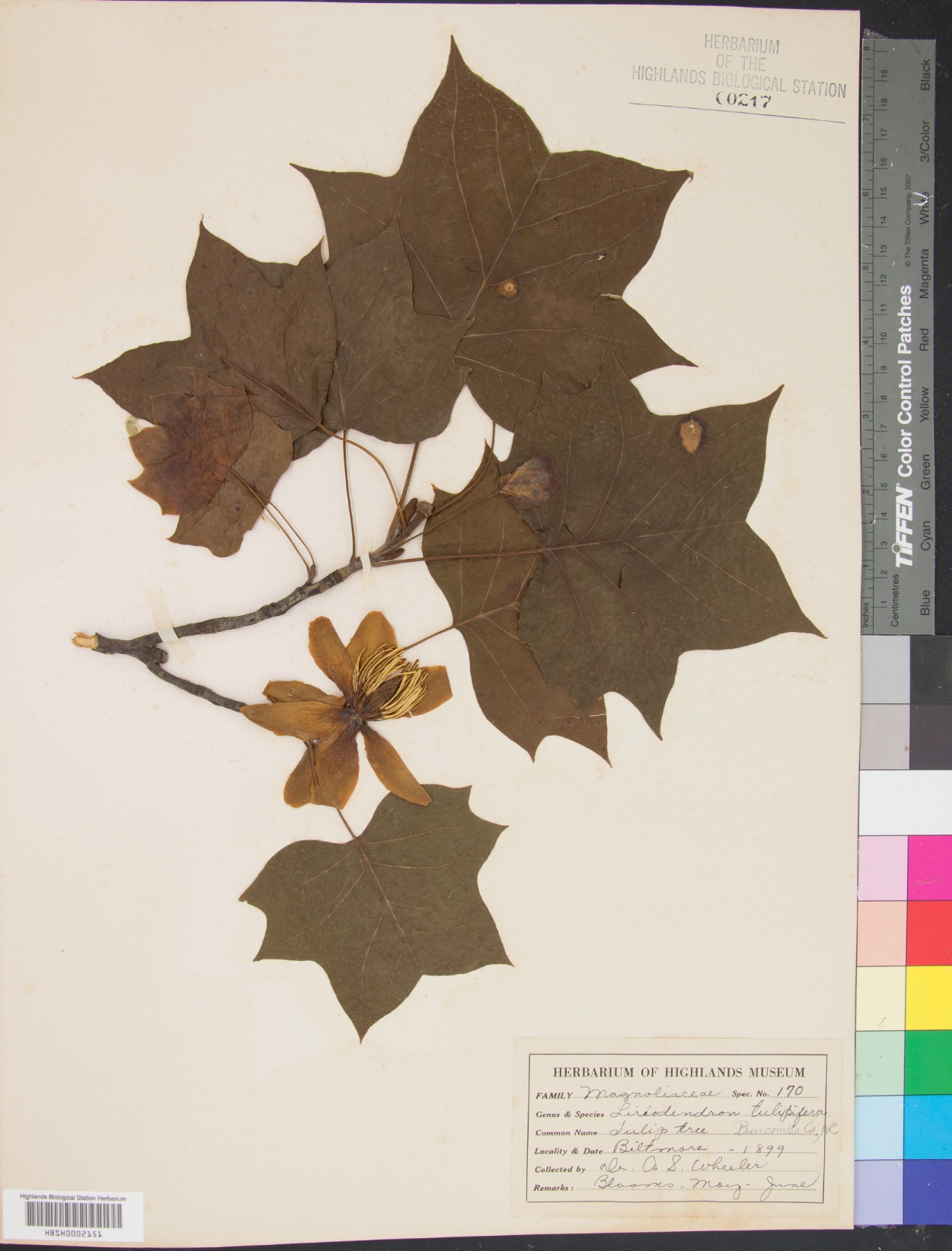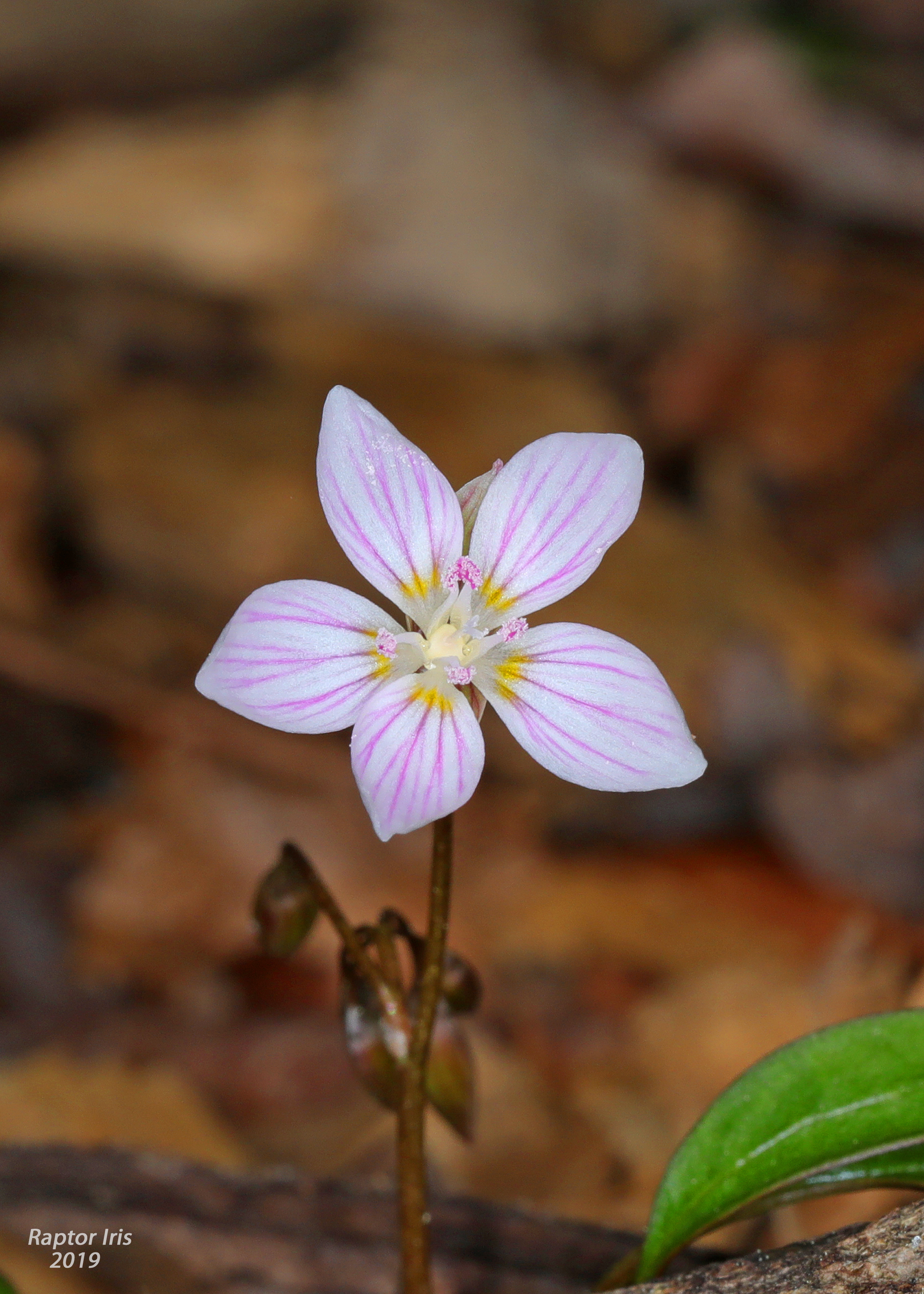Highlands Biological Station
Collections
Highlands Biological Station is home to a rich array of scientific collections that support research, education, and conservation. Our most notable holdings include the Highlands Biological Station Herbarium (HBSH) and the living plant collections of the Highlands Botanical Garden. Additional regional collections—ranging from biological specimens to mineralogical samples—are curated for research reference and teaching.
To inquire about access or research use of these collections, please contact our Associate Director at jlove@wcu.edu.

Herbarium
The HBS Herbarium (HBSH) consists of a small (~3,000 accessions) regional collection, mainly focusing on the flora of the southern Appalachians. The collection includes late 19th and early 20th-century specimens of significance, including accessions from the early Great Smoky Mountains National Park and the Wheeler Collection from the now-defunct Biltmore Estate Herbarium. We’re members of the South-East Regional Network of Expertise and Collections (SERNEC) consortium, which contains searchable digitized images of all of our herbarium specimens. Click here to search the HBSH in SERNEC.
Highlands Botanical Garden
The Highlands Botanical Garden encompasses a 12-acre historical garden which is surrounded by a constellation of smaller gardens throughout the 24-acre campus. Founded in 1962, it is the highest (3800′) exclusively native botanical garden in the Eastern US. The garden showcases over 400 vascular and non-vascular plants native to the southern Blue Ridge Escarpment in a naturalistic setting on the shores of Lindenwood Lake, with well-developed cove forest, upland woods, riparian, and bog & wetland habitats. Other demonstration gardens include: rock outcrop garden, moss garden, fern trail, pollinator conservation garden, Cherokee enthnobotany garden, rain gardens, and a home gardening demonstration garden.
View our Living Collections Policy here.

Other Collections
HBS maintains several additional teaching / reference biological collections. Current strengths lie in regional moths, lichens, aquatic insects, terrestrial mollusks, songbird and small mammal skins, and fish of the southern Appalachians. HBS also maintains an extensive regional mineralogical and map collection. These collections are in the process of being databased and will be detailed on this site.
